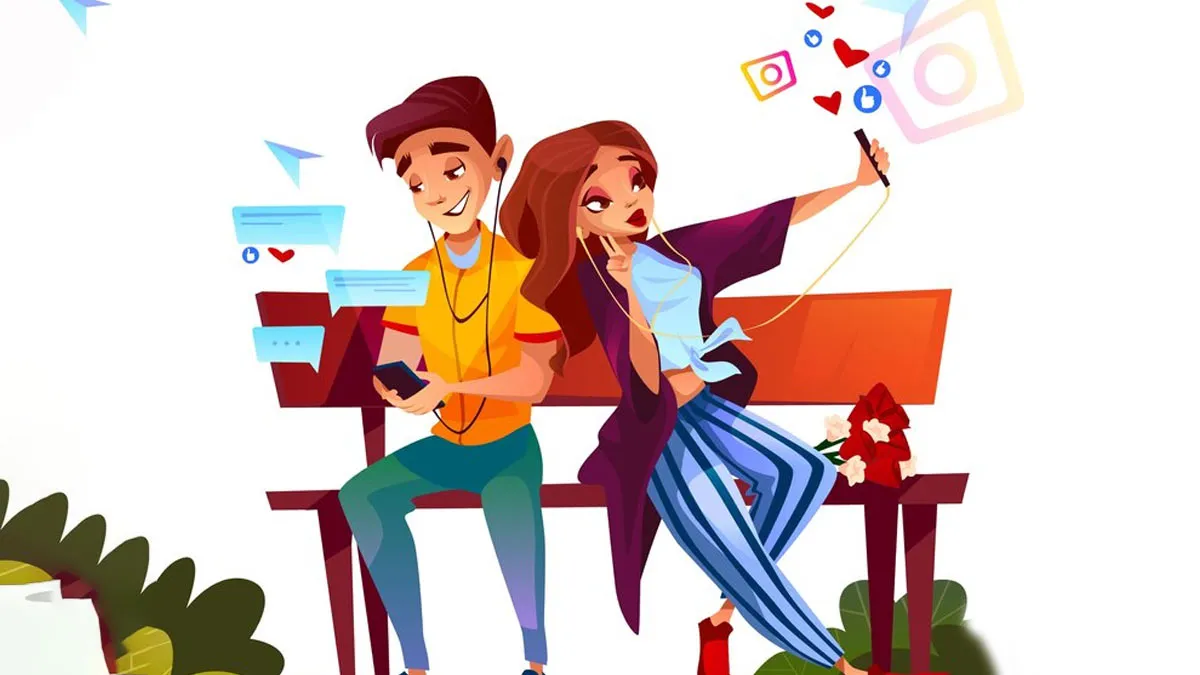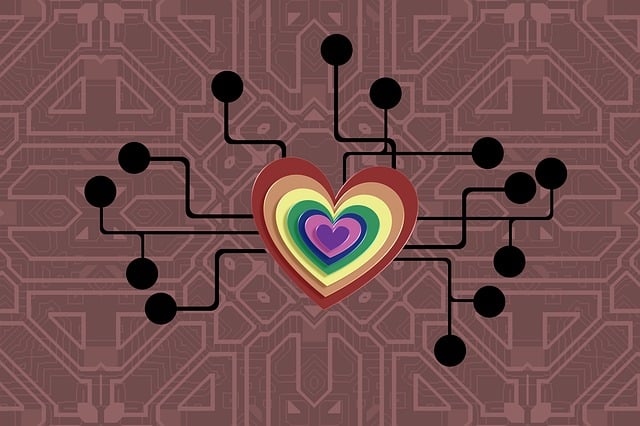
‘Breakup’ was the only word that millennials had in their dating era that encompassed every emotion. But as relationships evolved with generations the array of emotions got complicated with different labels popping up on social media. Benching, Zombie-ing, Breadcrumbing, Ghosting and many more keep on adding to the relationship dictionary of this generation. However, these defined emotions were indeed felt by every generation but it was never labelled before. While the layman will blame GenZ for this linguistic labyrinth, there's a bigger cultural shift at play here. We spoke to Ravi Mittal, Founder and CEO of QuackQuack, Hyderabad to understand this linguistic labyrinth.
Here are the reasons why Gen Z has more relationship labels than millennials:
It’s no surprise that social media has significantly impacted the lives of GenZs. Ravi Mittal said, “In a world ruled by social media, buzzwords like benching and orbiting thrive. These cheeky terms spread like wildfire.” Whereas the Millennials barely had any platforms to stalk their crush, let alone the vocabulary to realise that they weren't just being ignored; they were being ghosted.
Mr Mittal highlighted that GenZ's knack for linguistic creativity has been shaped by memes and virality culture, too. But, it has its benefits, ensuring that every dating misstep gets a catchy name, which drives people to learn about them and identify the same in their relationship.

Millennials were the pioneers of online dating, but GenZs took it to another level. They were born in the era of virtual connections, with easy access to dating apps and relationships that play out on screens. Ravi Mittal mentioned that this constant connectivity creates new situations demanding newer terms. Someone keeps checking out their dating profile but does not act on it- that's typical orbiting. Chatting with someone for days, acting like "almost couple" but can't define the relationship- that's the situation. Millennials did not have the scope to experience these dynamic intricacies.

Don't Miss: Does Endometriosis Affect Relationships, Sex, and Emotional Well-being? Doctor Shares Inputs
Let’s admit, that GenZ is far more tuned into mental health awareness than Millennials. They are quick to call out toxic behavioural patterns instead of following their predecessors and falling into them. Ravi Mittal said, whether it is vulturing, love-bombing, or the good old gaslighting, GenZ does not brush them under the rug. They define every minor to major toxic trait to raise awareness, which is one of the real reasons for the rise of a new glossary of terms.

Ravi Mittal emphasised that GenZ might have all the best technology and digital advancement, but Millennials had the luxury not to overthink every connection they made. He added that in the age of instant gratification, GenZ has an insatiable appetite for defining the undefinable. Every grey area in dating has to be defined, and hence, the birth of one more new term.
Don't Miss: Friendship Marriages: What Is It, The Next Big Relationship Trend? Experts Weigh In
Though GenZ's intricate relationship vocabulary can be exhausting, it can't be denied that slapping a quirky term on heartbreak makes it a little more bearable.
Image Courtesy: Freepik
Also watch this video
Herzindagi video
Our aim is to provide accurate, safe and expert verified information through our articles and social media handles. The remedies, advice and tips mentioned here are for general information only. Please consult your expert before trying any kind of health, beauty, life hacks or astrology related tips. For any feedback or complaint, contact us at [email protected].